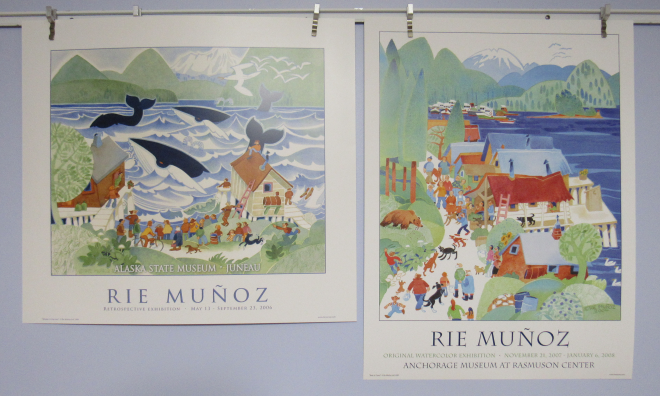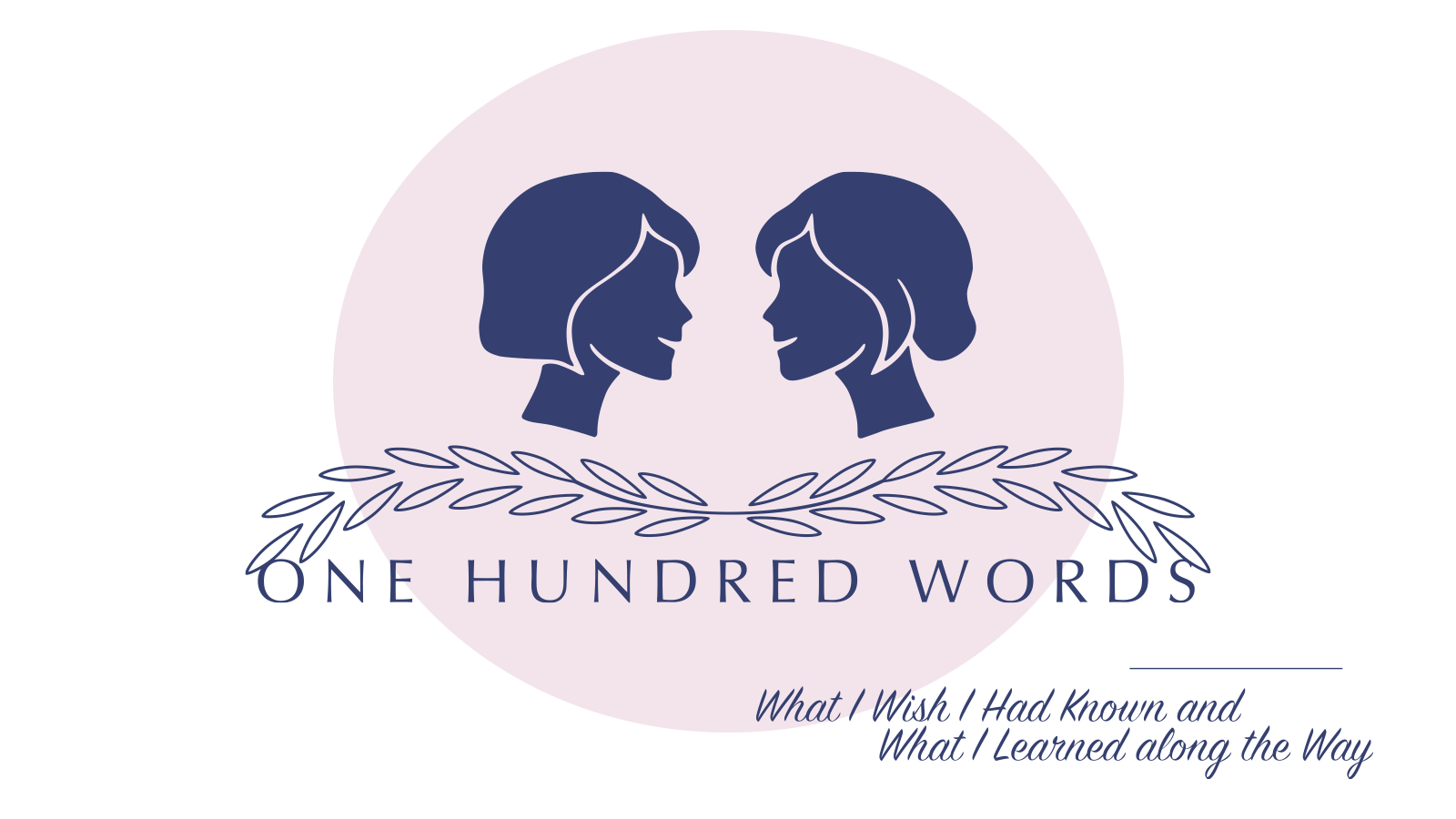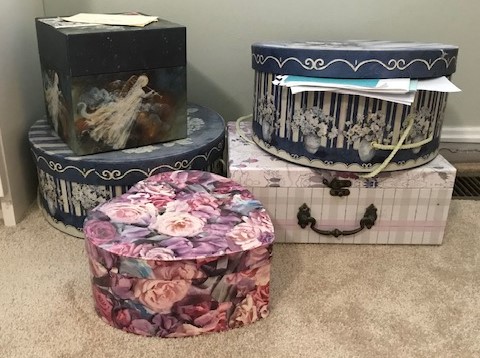Because today is World Letter Writing Day, it seems appropriate to share my favorite published letters. (See here)
From October 1951 to May 1952, Juan and Rie Munoz taught native children on an Alaskan Island in the Bering Sea. Their main contact with the outside world was by radio. They received one airdrop and one visit by an icebreaker. Even knowing that their letters could not be mailed until their service ended, they wrote over forty to their families.
These letters and accompanying photographs were discovered in 2005 and compiled by their son. Like the letters of my family, The King Island Journal contains the mundane: bathing, tanning hides, making clothes, gathering food, cooking, and, especially, their dogs’ and students’ antics. Also like my family, their mundane is both revealing and entertaining.

Rie Munoz settled in Juneau and is best known for her artwork depicting native life in Alaska. I love both Alaska and art, and my search for an Alaskan artist led to what I consider an even greater treasure—letters.


My husband enjoyed reading John and Abigail Adams’ correspondence. Any favorite published letters?






